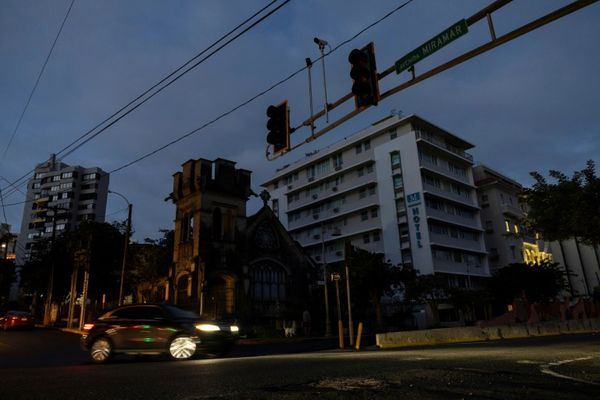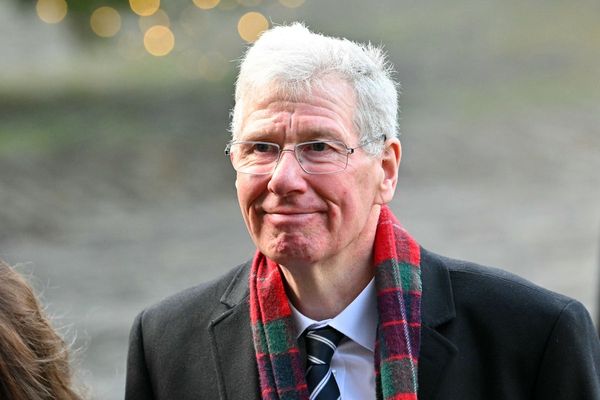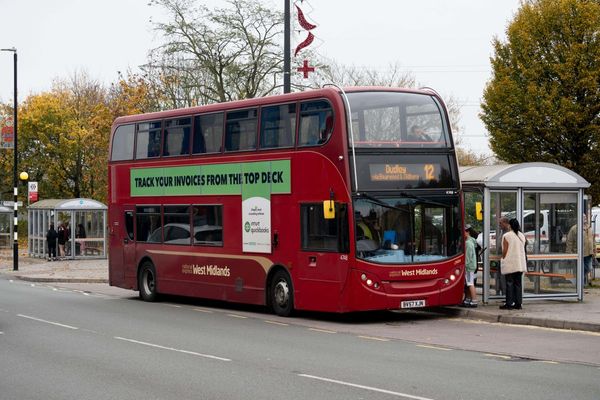The amiable, easy-going personality of Burt Reynolds brought the actor more plaudits than most of the films in which he appeared. He was in his mid-thirties before becoming a household name, a feat achieved as much by posing naked for Cosmopolitan magazine as appearing in his breakthrough picture, the John Boorman-directed thriller Deliverance (1972).
Reynolds and Jon Voight played the two experienced canoeists leading a party down a river in the Georgian wilderness in the screen version of James Dickey’s novel about a quartet’s expedition to see nature unadulterated before the construction of a dam and lake.
Voight’s star was already on the rise following an Oscar nomination for his performance as the hustler in Midnight Cowboy (1969) but, in Deliverance, Reynolds stole the film as the machismo businessman whose cocky, self-assured persona is destroyed by the hostile environment.
Many believed the actor - familiar for his round face, dark hair and moustache - lost out on an Oscar nomination because of the Cosmopolitan centrefold and the film did not entirely signal his own deliverance in Hollywood.
Alongside the sex-symbol status, constant chat-show appearances deemed Reynolds lightweight to some. Apart from The Longest Yard (1974), a comedy in which he played a former American football star and titled The Mean Machine in Britain, his follow-up films did nothing to change that image.
Then, in 1977, with Smokey and the Bandit, he had a box-office hit with a “fast cars and country boys” formula to which he stuck for a while. “Quite honestly, I’d go crazy sitting around, waiting for Francis Ford Coppola to call me on the telephone,” he said, ruefully, at the time. In the film, Reynolds played the “bandit”, the truck driver bootlegging beer from Texas to Georgia, trying to keep one step ahead of Jackie Gleason’s sheriff with the aid of citizens’ band radio.
Most of his subsequent films were eminently forgettable, so it seems surprising that he was listed as Hollywood’s top-earning box-office star five years running (1978-82), a feat later beaten by Tom Cruise.
Reynolds’s appeared in routine Hollywood star vehicles such as The Cannonball Run (1981), the violent Sharky’s Machine (1981), The Best Little Whorehouse in Texas (1982) and City Heat (1984), before finding renewed success on television. In the sitcom Evening Shade (1990-94), he played another former American footballer, Wood Newton, returning to his home town in Arkansas and coaching the high-school team.
But Reynolds was not finished with feature films. In between a long list of flops, he won a Best Supporting Actor Golden Globe - and an Oscar nomination - for his role as the porn film director in Boogie Nights (1997) who seeks to turn his subject into an art form and provides the father figure to Mark Wahlberg’s screen stud.
Born in Georgia in 1936, Reynolds was the son of an Italian mother and part-Cherokee father. He was brought up in Lansing, Michigan, and Riviera Beach, Florida, where his father became chief of police.
Reynolds won a football scholarship to Florida State University, where he played as a half-back, but his ambitions for a career in the sport were thwarted when a car accident exacerbated a cartilage injury received in his first game.
Switching to Palm Beach Junior College, Lake Worth, with ideas of becoming a parole officer, he gained an interest in acting. He was offered the lead role in a play, Sutton Vane’s Outward Bound, which won him the 1956 Florida State Drama Award and a scholarship to the Hyde Park Playhouse, New York. During his summer there, Reynolds also appeared in Tea and Sympathy at the city’s Neighborhood Playhouse (1956).
He then took acting classes and was cast in a revival of Mister Roberts, alongside Charlton Heston, at the City Center Theater (1956). The actor later made his Broadway début as Skip in Hugh Wheeler’s shortlived Look, We’ve Come Through (Hudson Theatre, 1961).
But Reynolds concentrated on film and television. Following his small-screen début in an episode of the Chicago police series M Squad (1959), starring Lee Marvin, he found himself in demand and was soon starring as the steamboat pilot Ben Frazer in Riverboat. However, Reynolds left during the first series (1959-60) following disputes with Darren McGavin, who played the Mississippi vessel’s captain.
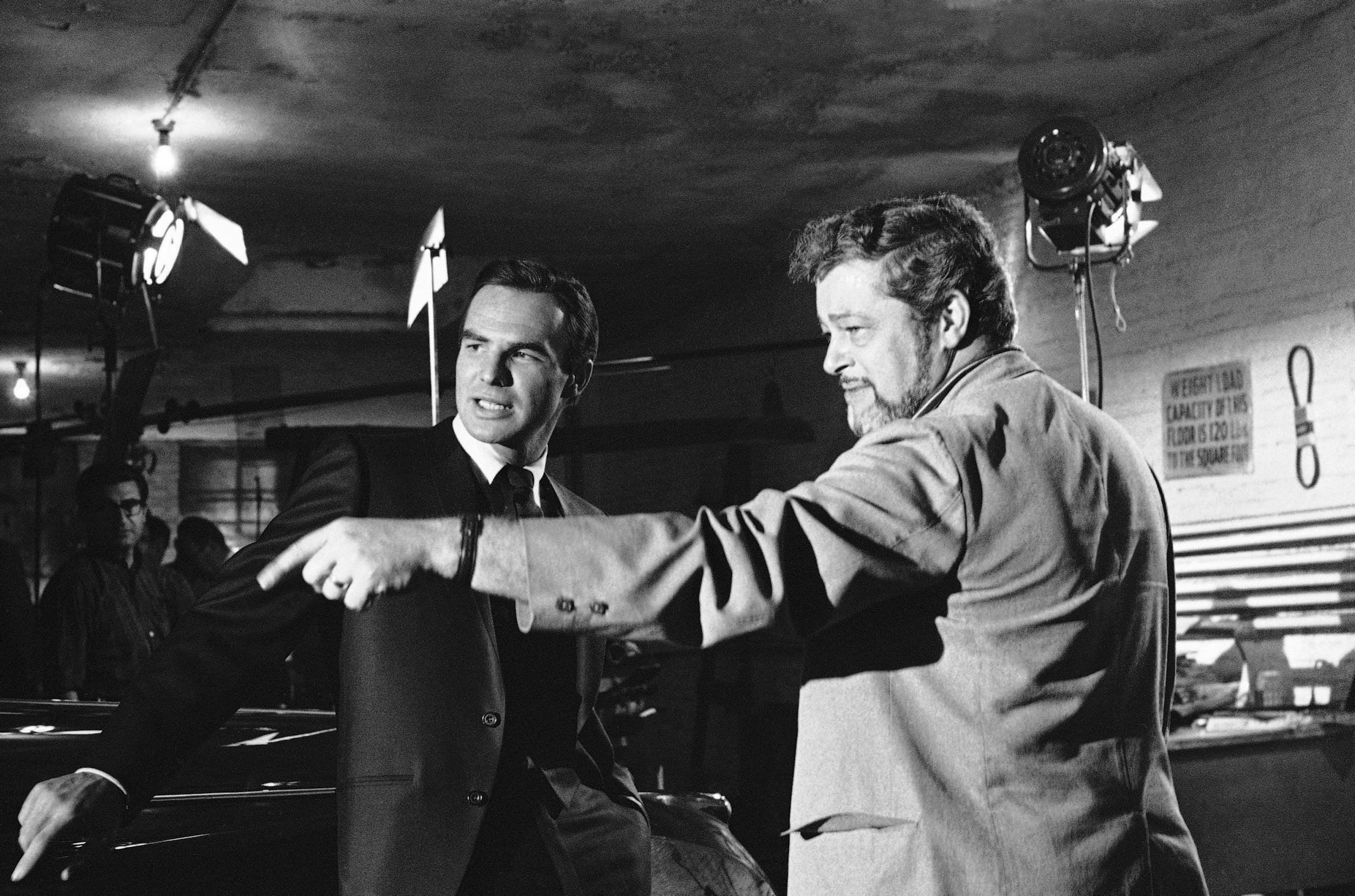
Then came the part of Quint Asper in the legendary Western Gunsmoke. He appeared for 50 episodes (1962-5) during the first half of the programme’s 20-year run as the half-white, half-Comanche blacksmith and deputy sheriff. This was typical of the many such roles that Reynolds was seen as on screen.
Another was in the title role of the crime series Hawk (1966), playing the native American detective assigned to the district attorney’s office in New York City. Reynolds began to build a female following when he acted the Californian detective of the title in Dan August (1970-71), although the programme was cancelled after just one series and he was still not a “star”. He later disparagingly said that August had “two forms of expression - mad and super-mad”.
For most of the next two decades, films took over. Reynolds had made his big-screen début, minus moustache, alongside George Hamilton in the backwoods evangelism drama Angel Baby (1961).
After Clint Eastwood suggested that he appear in low-budget, overseas Spaghetti Westerns to get film experience, Reynolds was seen as the native American of the title in the Italian-Spanish picture Navajo Joe (1966), complete with Ennio Morricone score.
His appearance as a bank robber in another Western, 100 Rifles (1969) - also shot in Spain and remembered for Raquel Welch’s shower scene - was a step in the right direction.
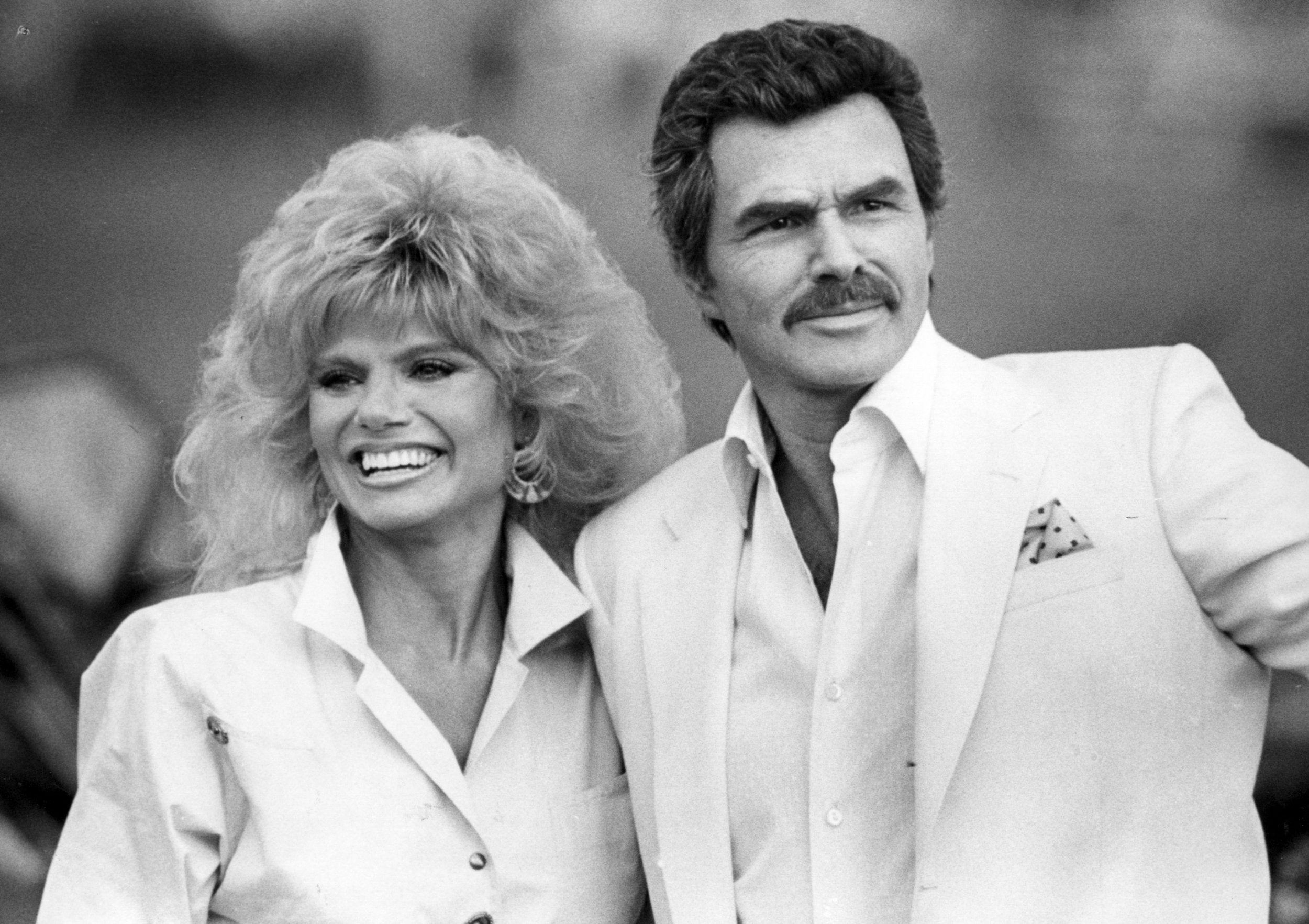
Deliverance was followed by an appearance in Woody Allen’s Everything You Always Wanted to Know About Sex*But Were Afraid to Ask (1972), but pictures such as The Man Who Loved Cat Dancing (1973), White Lightning (1973) and Nickelodeon (1976) did Reynolds no favours. Hustle (1975), in which he played a policeman in a relationship with a high-class prostitute (Catherine Deneuve), received mixed reviews.
It took Smokey and the Bandit to bring cinema audiences back to Reynolds. He met and started dating co-star Sally Field, the relationship lasted almost five years and the pair would feature in four films together. Reynolds would later admit that he thought ending the relationship was one of the biggest mistakes of his life.
Reynolds also turned to directing, with pictures such as the comedy The End (1978) and Sharky’s Machine. Other thrillers he acted in increasingly failed to get cinema releases outside the United States.
On the set of Heat (1986), in which he played a bodyguard, Reynolds came to blows with the director, Dick Richards, knocking him unconscious and being sued for $300,000 in damages.
A string of illnesses and injuries experienced by an actor who often did his own stunts had taken their toll. Over the previous quarter century, he had suffered from the low blood sugar condition hypoglycemia, a hernia while shooting a fight scene in The Man Who Loved Cat Dancing, kidney stones and a jaw problem that affected his eating.
“I’m not surprised to hear rumours that I’ve died,” he said in 1987. “These days, I sometimes feel more dead than alive. I know I look bad and have lost weight, but I’ve had constant bad health.” At the same time, Reynolds owed $20 million following bad business investments
He returned to television, first playing the alien Troy Garland, father of a teenaged girl with superhuman abilities, in the sitcom Out of This World (1987-91), then a Florida private detective in B.L. Stryker (1989-90), before Evening Shade won him an Emmy Award and a Golden Globe as Best Comedy Actor.
Back in the cinema, Boogie Nights was sandwiched between many more flops, but Reynolds had interesting parts as the football coach in the remake of The Longest Yard (2005, with Adam Sandler taking over his original role) and “Boss” Hogg in the film version of The Dukes of Hazzard (2005). Reynolds’s autobiography, My Life, was published in 1994.
Although the actor made very few stage appearances himself, he founded the Burt Reynolds Dinner Theatre, in Jupiter, Florida, in 1979. It attracted stars such as Sally Field and Martin Sheen, with Liza Minnelli among those giving acting classes and Reynolds directing several productions and appearing in a handful of others. In 1989, he renamed the building the Burt Reynolds Jupiter Theatre and donated it to Palm Beach Community College as a performing arts centre.
In later years Reynolds, who underwent quintuple heart bypass surgery in 2010, also kept busy on television, with guest appearances in The X-Files, Ed, My Name Is Earl and Burn Notice and voice roles on Robot Chicken, American Dad and Archer.
In September 2015 Reynolds was honoured by the Stuntmen’s Association of Motion Pictures with the organisation’s Richard “Diamond” Farnsworth Award.
Burton Leon Reynolds, actor and director: born Waycross, Georgia 11 February 1936; married 1963 Judy Carne (marriage dissolved 1965), 1988 Loni Anderson (marriage dissolved 1995; one adopted son, Quinton); died in Jupiter, Florida 6 September 2018
